Rio fights against authority that is oppressive and destructive. But when the battleground is a peaceful plantation, what kind of war can he fight? He has no support from fellow slaves, who have been conditioned to be dependent and submissive. He can only survive by being a master of subterfuge and deception.
Friday, May 9, 2014
When Bad Is Good
GOOD GUY - BAD GUY
With my editor Steven Bauer’s
suggestions, I’m revising Westfall. Most of the time I accept whatever changes
he makes to the text. In addition, he writes comments on the side, which are
valuable insights into more basic issues. About 98% of the time I rewrite or
cut as he suggests. For a couple of days, I’ve been thinking about this
comment:
This
entire scene—Rio’s plan—is so extreme that it threatens to turn the reader
quite strongly against Rio, who has been one of your heroes until now.
He’s right. The scene has
the power to upset the reader’s view of Rio as a good guy. As the conflict
between slave and master intensifies, Rio sacrifices innocent slaves in his
fight. The scene in question concerns the sacrifice of an innocent white.
Rio is a slave who endures cruelty and degradation at the hands of a white owner. Because he's trapped on an island, there's no way to escape to the mainland. Even at that, slaveowners had the resources of the law to hunt down escapees.
Rio fights against authority that is oppressive and destructive. But when the battleground is a peaceful plantation, what kind of war can he fight? He has no support from fellow slaves, who have been conditioned to be dependent and submissive. He can only survive by being a master of subterfuge and deception.
Rio fights against authority that is oppressive and destructive. But when the battleground is a peaceful plantation, what kind of war can he fight? He has no support from fellow slaves, who have been conditioned to be dependent and submissive. He can only survive by being a master of subterfuge and deception.
WHAT
MANNER OF SACRIFICE?
Rio can score victories by
hitting where it hurts his enemy. His immediate enemy is the owner of Westfall
Plantation, Tilmon Goodwyn, who takes great pride in his daughter. Why should
Rio consider her off limits? It offends our sensibilities that the innocent
daughter has to pay the price for her father’s offense.
But is the daughter
innocent? Rio’s enemy is not just Tilmon Goodwyn, but every white person on the
island who lives peacefully with and benefits from the governance of
slaveowners. This is where the argument gets philosophical. White women and children
and non-slaveowners—they’re all Rio’s enemies.
NAT
TURNER
When Nat Turner killed some
60 whites in Virginia in an uprising, the state was outraged with the loss of
innocent lives. The definition of innocent in this context is limited to a slaveowner’s lexicon. Any person
living in Virginia, or the South for that matter, in 1831 who didn’t oppose
slavery was not innocent.
INNOCENCE
AND GUILT
That last sentence has me
squirming in my seat. What would I, a white person, have believed had I lived
in 1831. As blacks were conditioned to believe in their inferiority (and the
means used to accomplish this is fascinating), whites were conditioned to
believe in their superiority. I am afraid I would have been as unaware of my
cultural blinders as the next person.
Despite Steven’s warning,
Rio is going to commit a deplorable deed at the risk of turning readers against
him. If Rio loses his appeal as a good guy, I hope he’ll still be intriguing.
Subscribe to:
Post Comments (Atom)


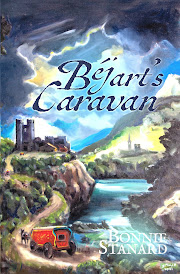
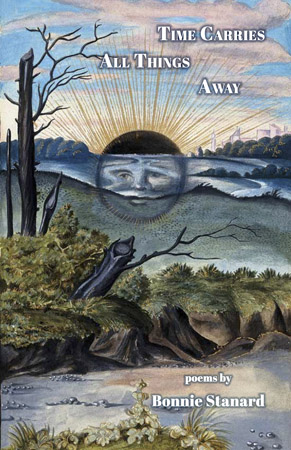

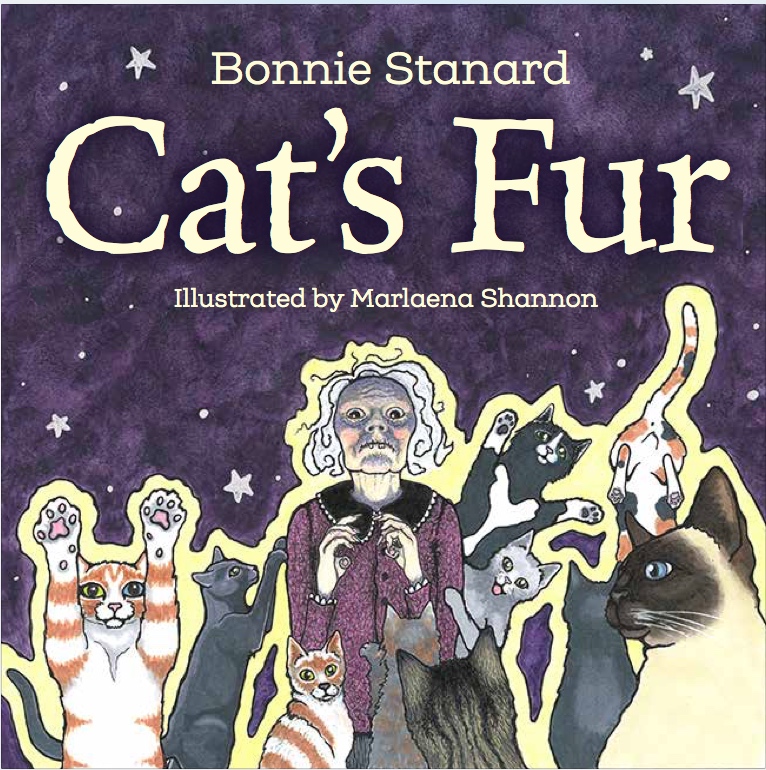
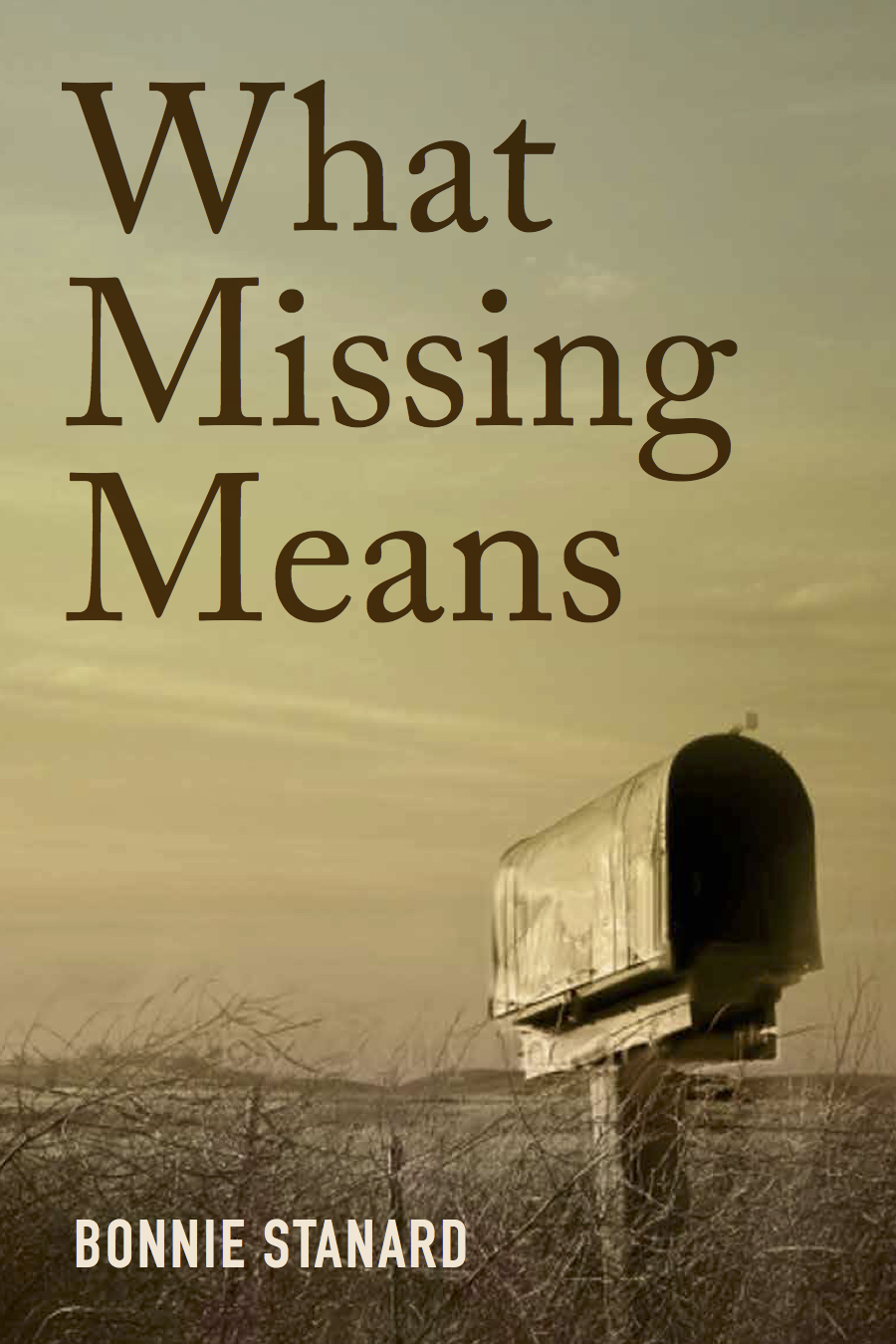
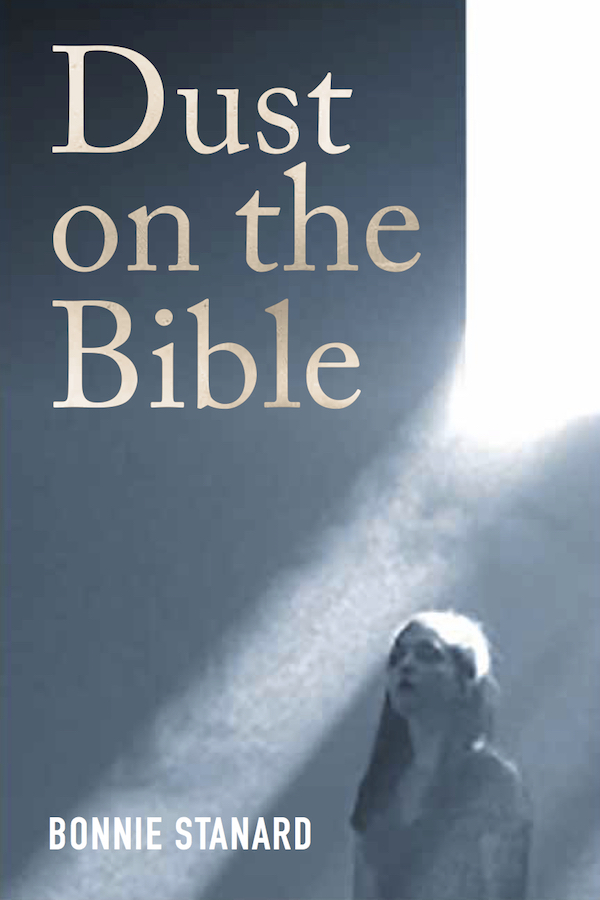
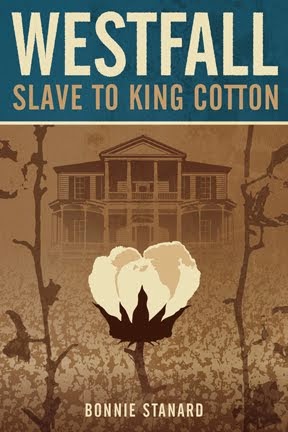
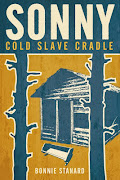
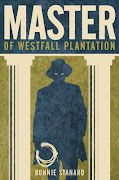


No comments:
Post a Comment